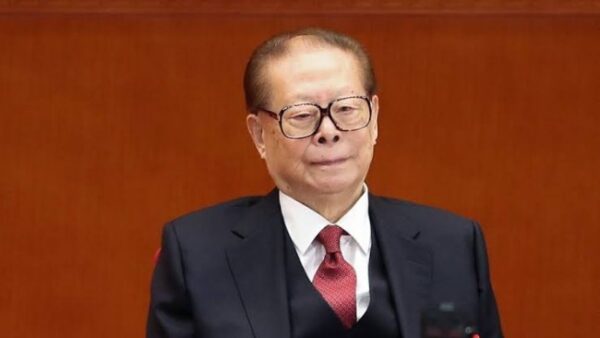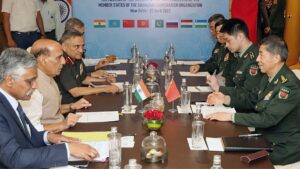Jiang Zemin: Leader who put China on path to becoming global superpower

Jiang Zemin: Leader who put China on path to becoming global superpower
It was this dichotomy that made Jiang such a powerful leader with a deep impact on Chinese history. On one hand he would speak the language of progressivism and liberalism, famously quoting Abraham Lincoln. On the other, he would ruthlessly do anything to maintain his and his party’s power in the country.
He was the ultimate pragmatist. But he had this great ability to couch his pragmatism in ideological terms. He was intolerant towards dissent, persecuted minorities, centralised power, created conditions for rising inequality. But at the same time,
he is remembered very favourably in multiple circles due to his demeanour and his charismatic words. He managed to shed the image of the old grumpy communist, ideologically orthodox to a fault and out of touch with reality. Instead, he seemed nicer, more approachable and more flexible.
His critics would often call him a ‘flower pot,’ a Chinese reference to someone who is all talk and no action. But his legacy today is one of ushering forth a new generation in China. As the 21st century dawned, so had a new China, undemocratic but an economic powerhouse that would become the manufacturing centre of the globalised world. Jiang oversaw this emergence.
Jiang retired in 2002 as General Secretary, in 2003 as President, but was in power as Chairman of the Central Military Commission till 2004 — two years into Hu Jintao’s tenure as General Secretary, thus preventing the latter from exercising power effectively.





